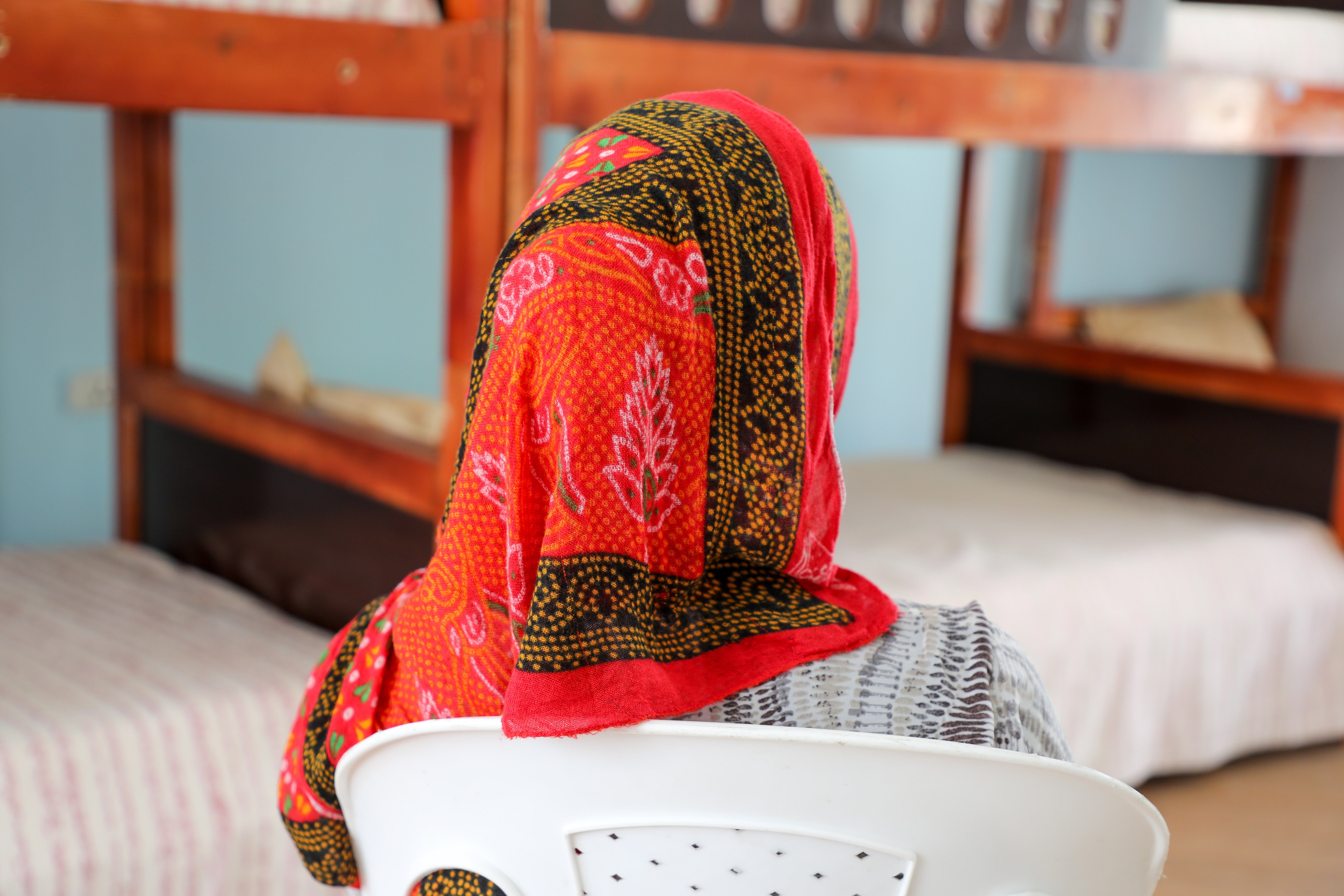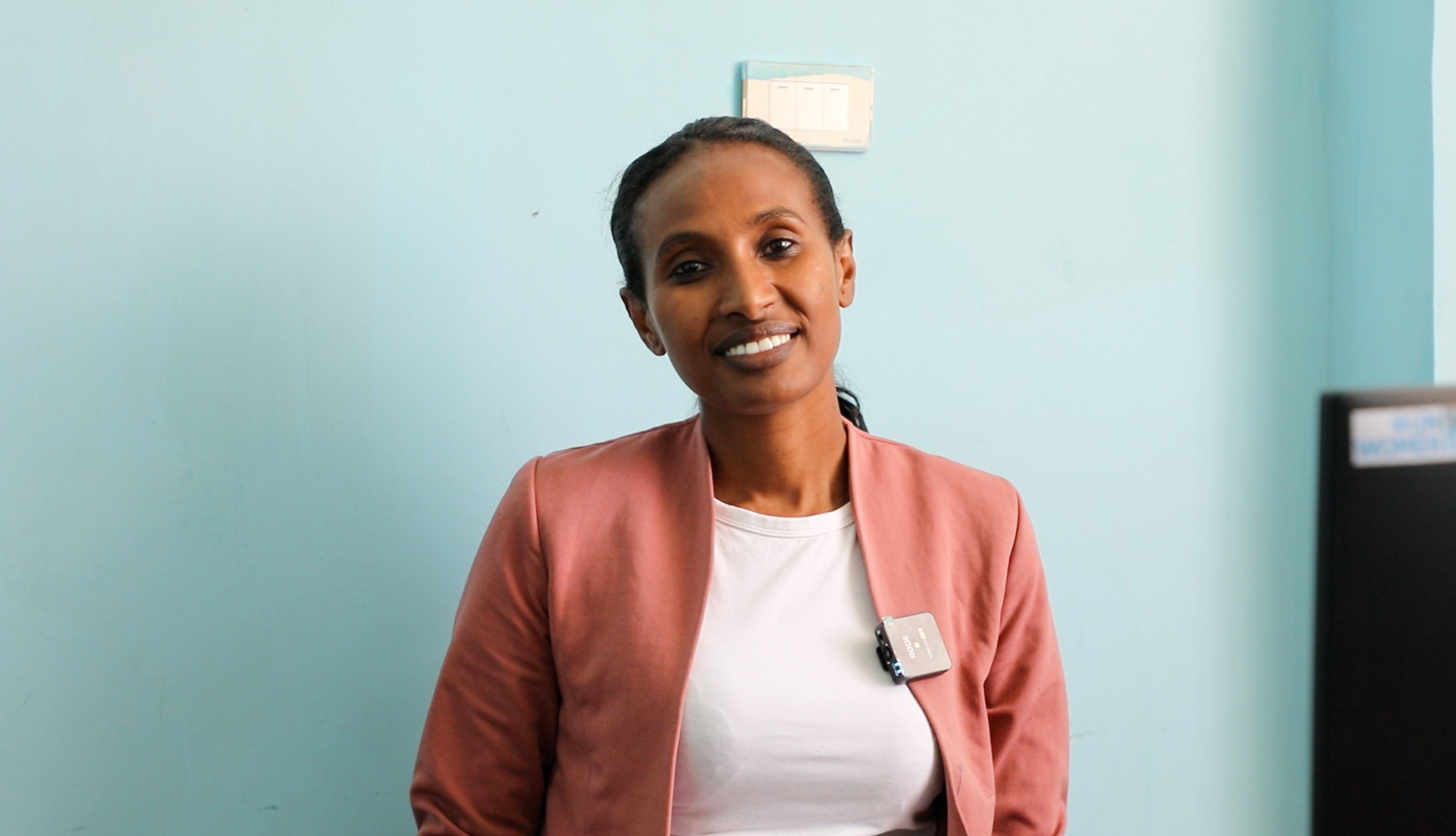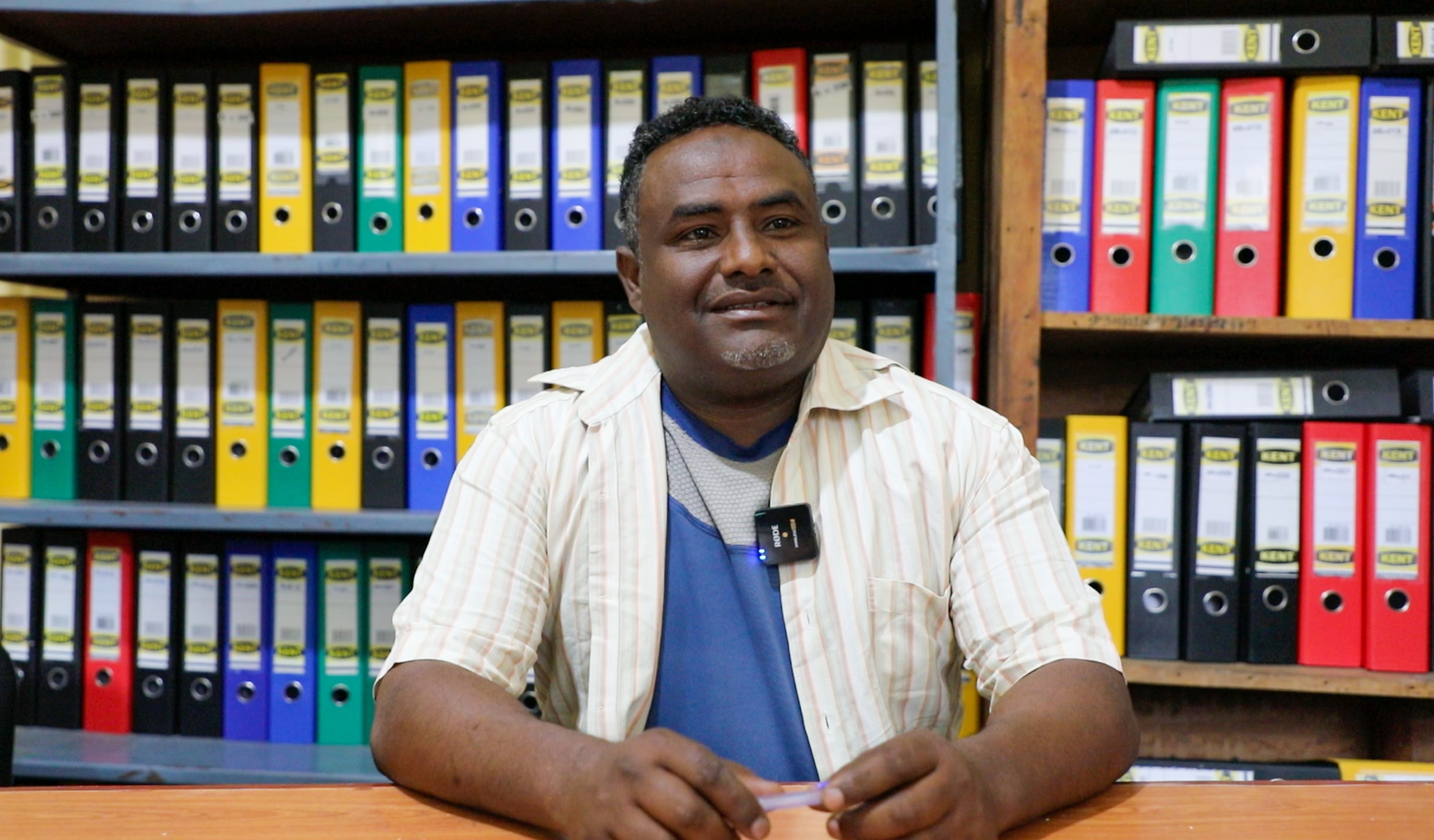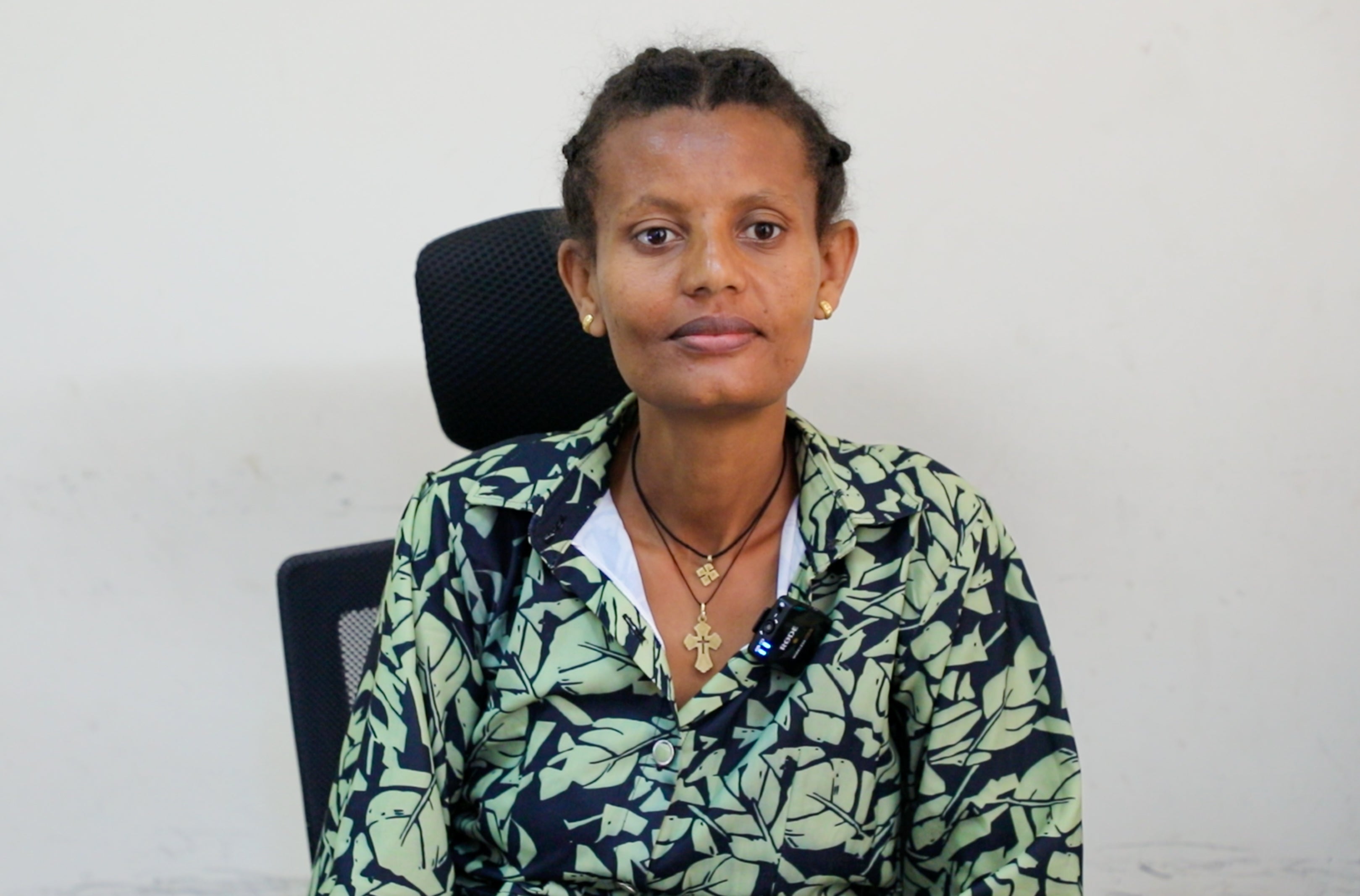Towards a coordinated response to address violence against women and the rehabilitation of survivors of conflict-related sexual violence
Date:

UN Women Ethiopia is addressing the challenges posed by violence against women and girls by strengthening, expanding, and standardizing essential services for survivors. This includes supporting the establishment and strengthening of shelters and one-stop centers, supporting the justice system and the provision of free legal aid centers in various regions of Ethiopia, in alignment with the United Nations Global Essential Services Package for women subjected to violence.1
As part of a project supported by the Bill and Melinda Gates Foundation (BMGF) titled "Addressing the Effects of Conflict-Related Sexual Violence (CRSV) in Ethiopia," UN Women Ethiopia partnered with the Association for Women’s Sanctuary and Development (AWSAD) to provide shelter services that includes safe accommodation, individual and group counseling, medical care, legal support, skills training and facilitate economic opportunities and livelihood options for CRSV survivors and women affected by the conflict in Kombolcha town, Amhara Region.
Aziza Seid [name changed], 23 is a CRSV survivor residing in the shelter, was living with her family, and operating a small business selling hot beverages in one of the towns of North Wollo. One day during the conflict, the soldiers stormed her town, came into their home, and sexually assaulted her. The conflict made it impossible to report since there was chaos. Her small business was destroyed, and knowing that she was raped during the conflict, the community stigmatized her including her parents. The situation forced her to flee to Addis Ababa, where she managed to be hired as domestic help and stayed there for few months. She later found out that she was pregnant as the result of rape and life has become so difficult afterwards. Her employers let go off her three days after she gave birth, and she travelled all the way back to Kombollcha with an infant.
“I only had money for a couple of months expense. I went to the women’s affairs office seeking help, and they brought me here. I was bleeding heavily. I contemplated suicide and was not mentally stable. I knew I would not be a fit mother to my newborn and saw no hope to continue living. I was angry and could not stop thinking about what had happened to me. It was difficult to deal with and would fight with other survivors at the shelter. The staff were patient with me and took good care of me and my baby”.
Aziza added “I received consecutive counselling sessions individually and with others in group. I and my child were able to access medical care at the shelter. I also got basic literacy education and step by step I have started to read and write. I have gotten much better now and feel like my old self again. I even have taken some responsibilities at the shelter, and started to get along with the other residents in the shelter. I am getting a training making embroidery and baskets. I came to AWSAD with no hope, but I am now looking for a working space to start my own small business. I call this place Birhane."2


The shelter is part of and works closely with other members of the GBV response working group in Kombolcha town, which includes the police, bureau of Justice, the One-Stop Center, the bureau of Education, religious institutions, the Women’s Affairs Office, as well as Coalition of Iddirs3 and influential individuals. "We work with the police and other organizations to address the challenges faced by survivors and to improve our response to their needs. We also engage with schools and community groups to raise awareness and carry out prevention work," Eden added.
Mr. Kassahun Awol, a Team Leader at the Women, Children, and Social Affairs Bureau in Kalu District and a member of the GBV response working group, says the shelter opened in Kombolcha has been a great relief. “We used to place survivors in police stations because we didn’t have a safe space for them. In most cases, they couldn’t return home due to the presence of the perpetrators. Providing food at the police station was also a challenge. The shelter has addressed all these issues for us,” he explained. He also noted that the availability of the shelter has increased their confidence in providing the essential services survivors need and supporting the legal process. Women’s Affairs offices, as government structures, are often key entry points for survivors seeking to report GBV cases. They are an integral part of the working group established to ensure a more coordinated GBV response. One of the objectives of UN Women’s project, supported by BMGF, is to strengthen these structures and ensure they are fully functional.


Tsehay Tadesse, a Team Leader at Kombolcha Women, Children and Social Affairs bureau, says the working group in Kombolcha, led by the Deputy Mayor of the city, started doing good work around GBV response and prevention including raising awareness on the issue in all schools in the city and neighboring districts such as Kalu. “We need to advocate more for the justice system to treat cases of violence with due importance and perpetrators to get appropriate sentences so that it can send a message to the public” Tsehay noted. She also added “AWSAD and UN Women are vital in the GBV response we do, as the shelter is a key provider of essential services for the survivors. We need to make sure shelter provision is sustainable.”
In addition to the shelter made operational in Kombolcha through a project supported by the Bill and Melinda Gates Foundation, UN Women has also signed partnership agreements with two pioneering organizations: the Women Association of Tigray (WAT) in Tigray and Agar Ethiopia Charitable Society in the Amhara region, to provide shelter services for survivors of violence against women and girls.
1https://www.unwomen.org/en/digital-library/publications/2015/12/essential-services-package-for-women-and-girls-subject-to-violence
2Birhane-meaning my light in Amharic
3Iddir is well organized community support group